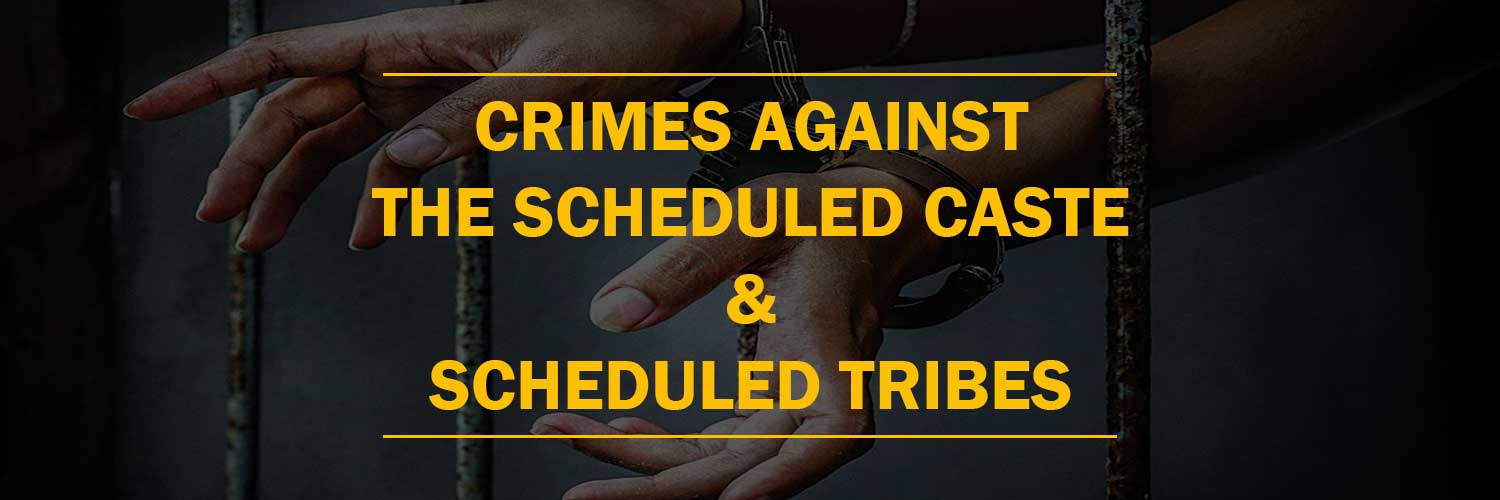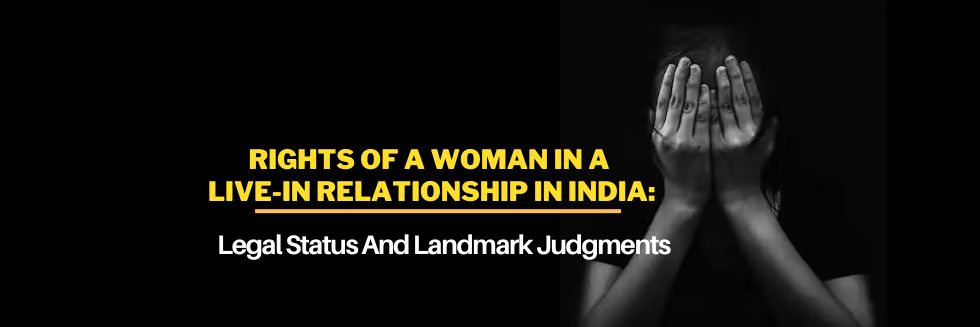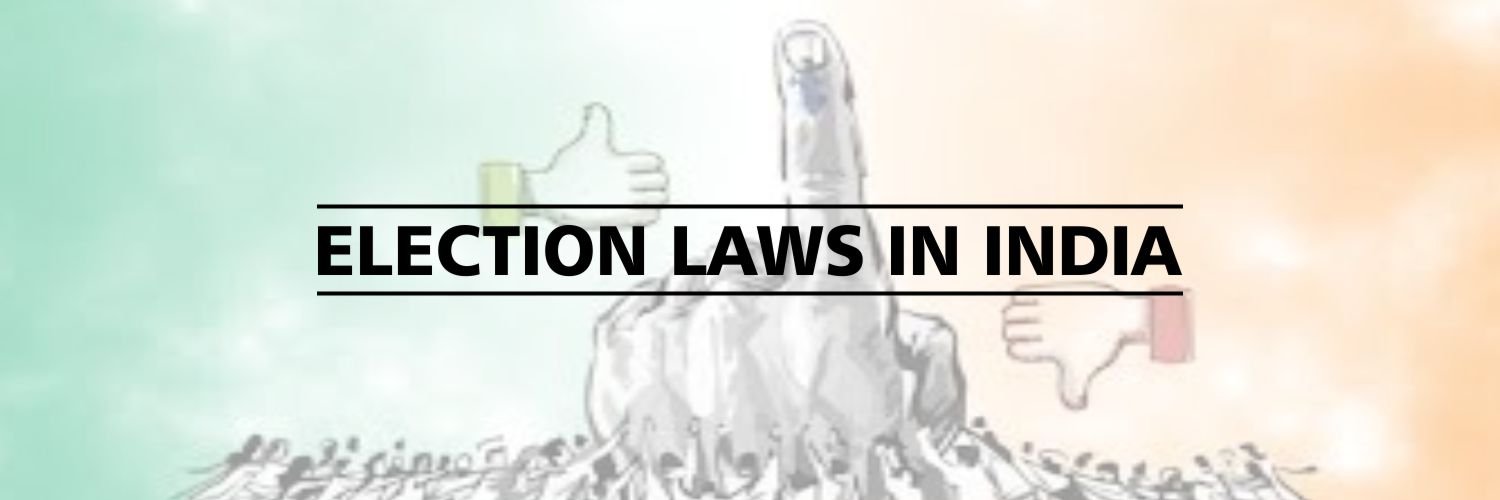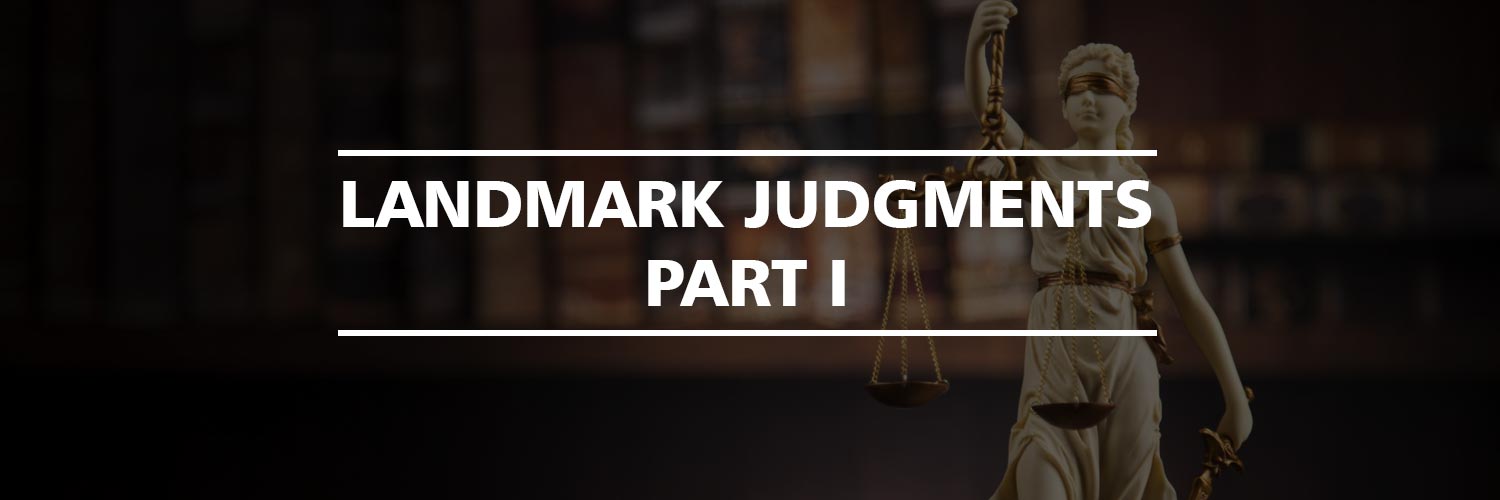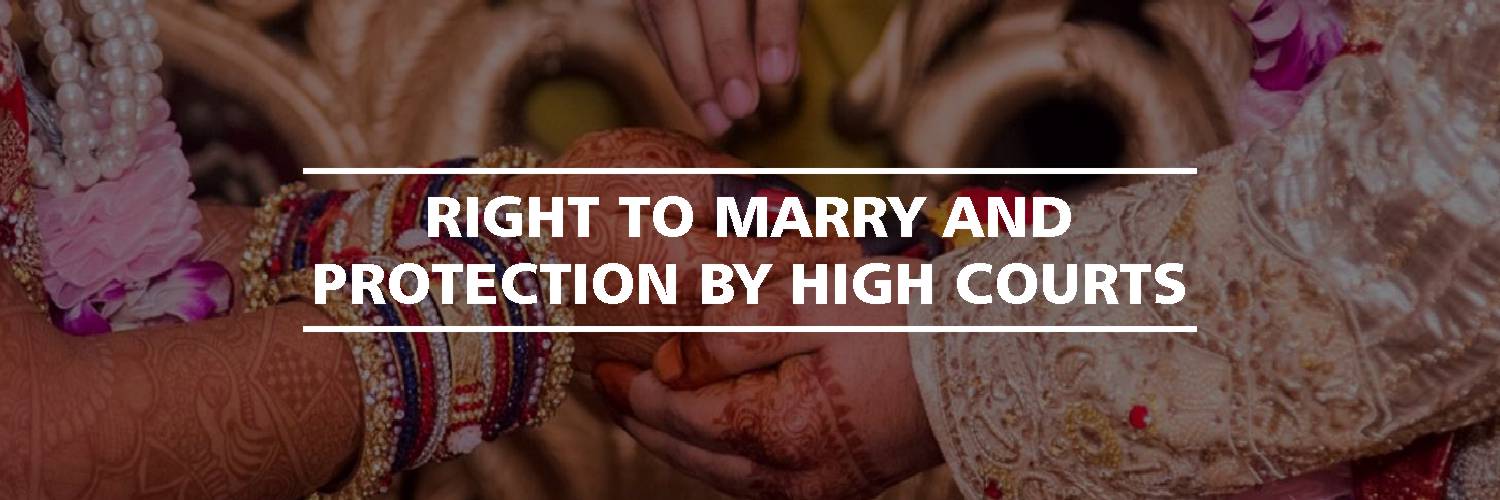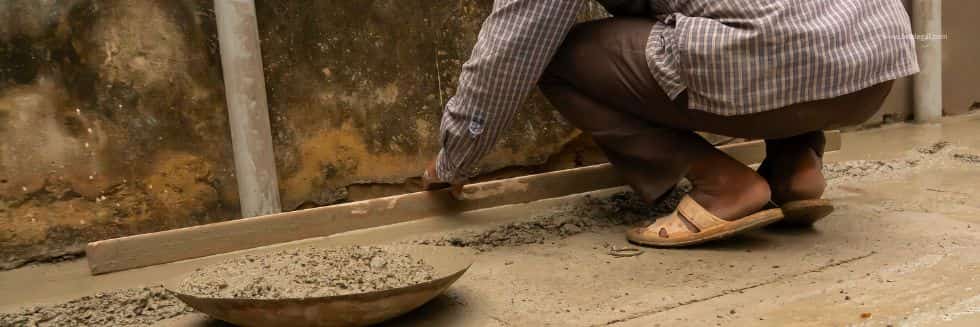“The outcast is a by-product of the caste system. There will be outcastes as long as there are castes. Nothing can emancipate the outcaste except the destruction of the caste system. Nothing can help to save Hindus and ensure their survival in the coming struggle except the purging of the Hindu faith of this odious and vicious dogma.” – Bhimrao Ramji Ambedkar
Overview
Parliament of India enacted new legislation in 1989 to prevent atrocities against the Scheduled Castes Scheduled Tribes. The Prevention of Atrocities Act, 1989 is popularly known as POA and SC/ST Act. Somehow, in recent years, the crimes against the SC/ST have spurred despite consecutive strict actions taken by the Judiciary and the Legislature.
History
The institutional structures which administered the social demeanour in the society are considered under the classification of ‘Caste/Varna System’. The ‘untouchables’ did not form a part of any of the four Varnas. However, the necessity of circumstances led to the addition of a Fifth group to this arrangement which was not specified to any ‘caste status, but was integrally linked to the classification and is referred to as ‘untouchables’. These cases are now called the Scheduled Castes (henceforth SCs).
The term ‘Scheduled Tribes’ was first used in the Constitution of India under Article 366 which defined scheduled tribes as “such tribes or tribal communities or parts of or groups within such tribes or tribal communities as are deemed under Article 342 to be Scheduled Tribes for this constitution”.
Atrocities against the SC/ST can be traced back to the 19th Century in India, and the post-Independence era was marked by frequent instances of atrocities springing up across the country. For example, the assassination of the young and educated Dalit leader Emmanuel Sekaran in T.N for defying the untouchability based interdicts on SCs, which resulted in the Ramanathapuram riots of 1957; the Kilavenmani massacre of 42 Dalits in 1968 in T.N; the gruesome killing of Dalit Kotesu in Kanchikacherla in 1969 in A.P; the killings of 10 STs by police in connection with a land dispute in Indravalli in A.P in 1978. As a result, the Government of India adopted a new approach of monitoring atrocities against SCs.
Acts / Legislation
- The Protection of Civil Rights Act, 1955.
- The Scheduled Castes and the Scheduled Tribes (Prevention of Atrocities) Act, 1989.
- The Bonded Labour System (Abolition) Act, 1976.
Under the Constitution of India, 1950
ARTICLE 14- Equality before the law.
Article 15- Prohibition of discrimination on the grounds of religion, race, caste, sex or place of birth.
ARTICLE 16- Equality of opportunity in matters of public employment.
ARTICLE 17- Untouchability is abolished and its practice in any form is forbidden. ARTICLE 46- Promotion of educational and economic interests of Scheduled Castes, Scheduled Tribes and other weaker sections.
ARTICLE 243D- Reservation of seats
(1) Seats shall be reserved for
(a) The Scheduled Castes; and
(b) The Scheduled Tribes, in every Panchayat.
ARTICLE 243T- Reservation of seats in every Municipality
ARTICLE 330- Reservation of seats for Scheduled Castes and Scheduled Tribes in the House of the People.
ARTICLE 332- Reservation of seats for Scheduled Castes and Scheduled Tribes in the Legislative Assemblies of the State.
Article 342- The President may, with respect to any State or Union territory, and where it is a state, after consultation with the Governor thereof by public notification, specify the tribes or tribal communities or parts of or groups within tribes or tribal communities which shall, for the purposes of this constitution, is deemed to be scheduled tribes in relation to that state or Union Territory, as the case may be.
Object Of Law
The primary objective of the SC/ST Act is the protection of crimes against the oppressed section of the society. This Act provides relief to the victim of these crimes and ensures their rehabilitation. Provision of this Act provides imprisonment to the accused convicted under the SC/ST Act. This Act provides justice to the SC/ST community through affirmative action to enable them to live in a society with their full dignity and without fear, violence from the dominating community.
Data Related To The Crimes Against The SC(1)
| S No | Year | Cases for trial | Pending trial at year-end | Trial over | Convictions (of the total cases where trial over) |
| 1. | 2010 | 40,481 | 31,932(78.9%) | 8,406 | 3,225(38.4%) |
| 2. | 2011 | 40,435 | 32,788(81%) | 7,595 | 2,333(30.7%) |
| 3. | 2012 | 41,826 | 35,645(86.9%) | 5,708 | 1,074(18.8%) |
| 4. | 2013 | 45,531 | 39,582(86.9%) | 5,832 | 984(16.9%) |
| 5. | 2014 | 46,407 | 41,226(88.8%) | 5,141 | 820(16%) |
| 6. | 2015 | 46,027 | 40,789(88.6%) | 5,089 | 922(18%) |
| 7. | 2016 | 45,286 | 41,191(91%) | 4,048 | 659(16.3%) |
Data Related To The Crimes Against The STs(2)
| S No | Year | Cases for trial | Pending trial at year-end | Trial over | Convictions (of the total cases where trial over) |
| 1. | 2010 | 4,766 | 3,978(83.5%) | 772 | 205(26.6%) |
| 2. | 2011 | 4,808 | 3,767(78.3%) | 1,004 | 140(13.9%) |
| 3. | 2012 | 4,684 | 3,747(80%) | 606 | 59(9.7%) |
| 4. | 2013 | 4,767 | 4,049,(84.9%) | 709 | 58(8.2%) |
| 5. | 2014 | 5,416 | 4,747(87.6%) | 663 | 87(13.1%) |
| 6. | 2015 | 5,338 | 4,445(83.3%) | 867 | 110(12.7%) |
| 7. | 2016 | 5,071 | 4,571(90.1%) | 498 | 42(8.4%) |
Latest Judgement
Dr. Subhash Kashinath Mahajan v. State Of Maharashtra and Anr. Criminal Appeal No. 416 of 2018
In view of recognised abuse of law of arrest in cases under the Atrocities Act, the arrest of a public servant can only be made after approval of the appointing authority and in case of a non-public servant, after approval by the S.S.P. The permission may be granted in appropriate circumstances if considered essential for grounds recorded. Such grounds must be inspected by the Magistrate for authorising further detention.
There is no absolute bar on the anticipatory bail under the SC/ST Act, where judiciary finds that complaint is prima facie mala fide, anticipatory bail is granted.
To avoid the false implication of an innocent person, a preliminary inquiry is conducted by the DSP to find out that the complaint under the SC/ST act is not frivolous and motivated.
Violence After The Supreme Court Judgment on SC/ST Act
After the judgment on SC/ST Act, the Dalit community called for a Bharat Bandh on April 2, 2018 and as a result of Bharat Bandh, nine people were killed, and many were injured from the violence. They clashed with the police and set fire to dozens of the vehicle. The board examinations conducted by CBSE were postponed at the request of the government.
Conclusion
After analysing all the data, the SC/ST Act is not a successful Act to curb the crimes against the SC/ST community. Crimes against the SC/ST are continuously increasing and people are seen getting involved in hate-speech and attempts of spewing hatred on social media and otherwise. The nation needs more stringent laws to deal with this situation. The common people need to be sensitised time after time and their fundamental duty to promote peace, brotherhood and harmony need re-enforcement.
Reference
- Shalini Nair, Rising pendency, falling convictions: what data on SC/ST Act trials show The Indian Express (2018), http://indianexpress.com/article/explained/rising-pendency-falling-convictions-what-data-on-sc-st-act-trials-show-prevention-of-atrocities-act-5113689/ (last visited Jun 13, 2018).
- Ibid.
